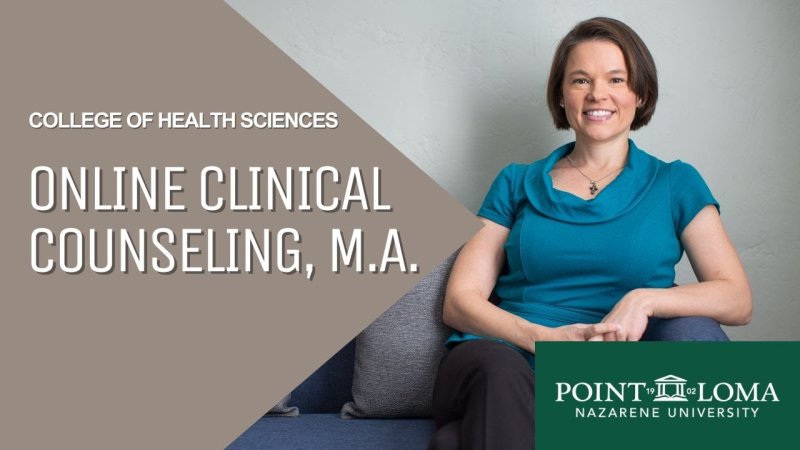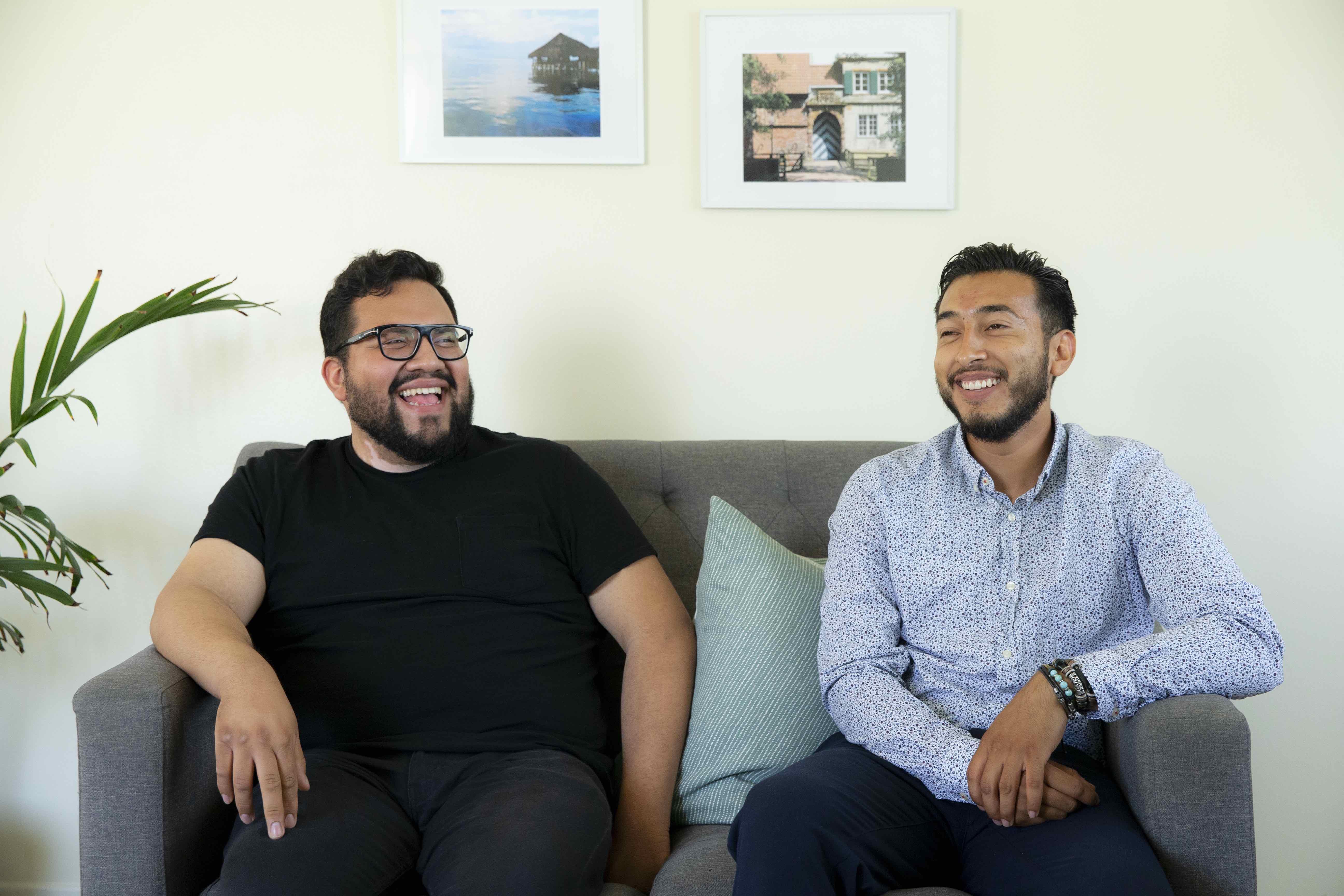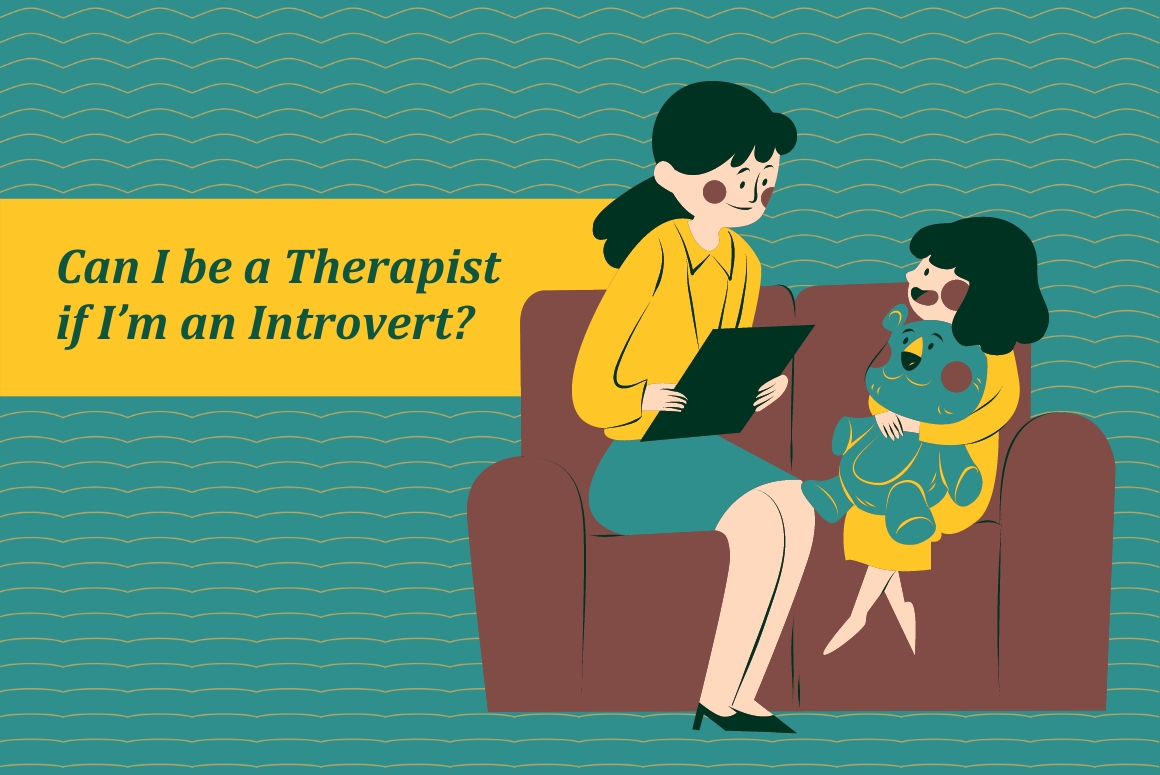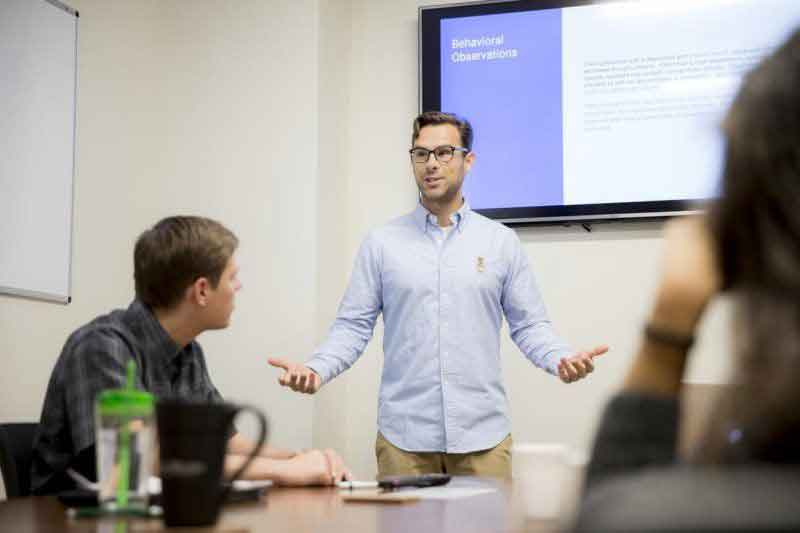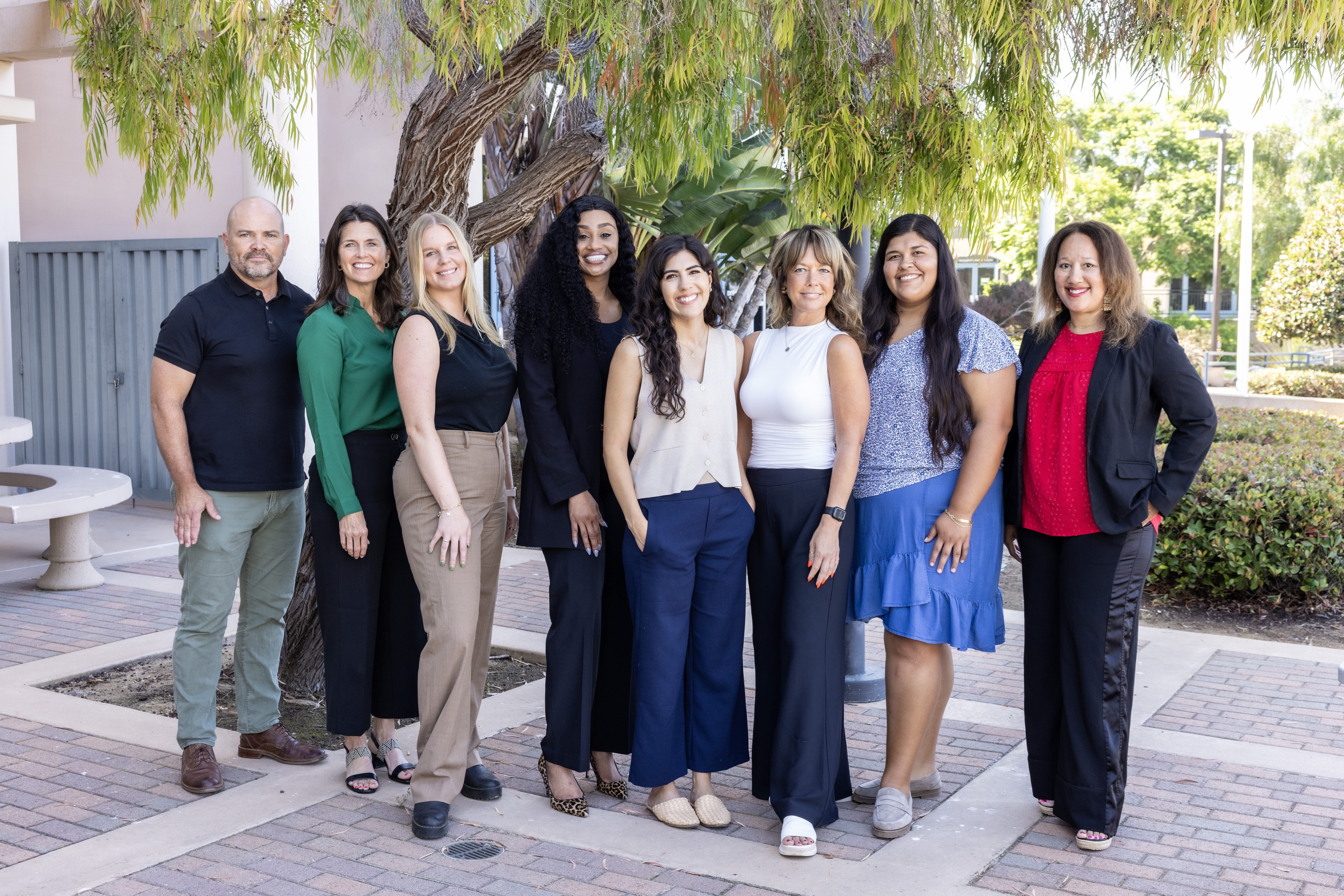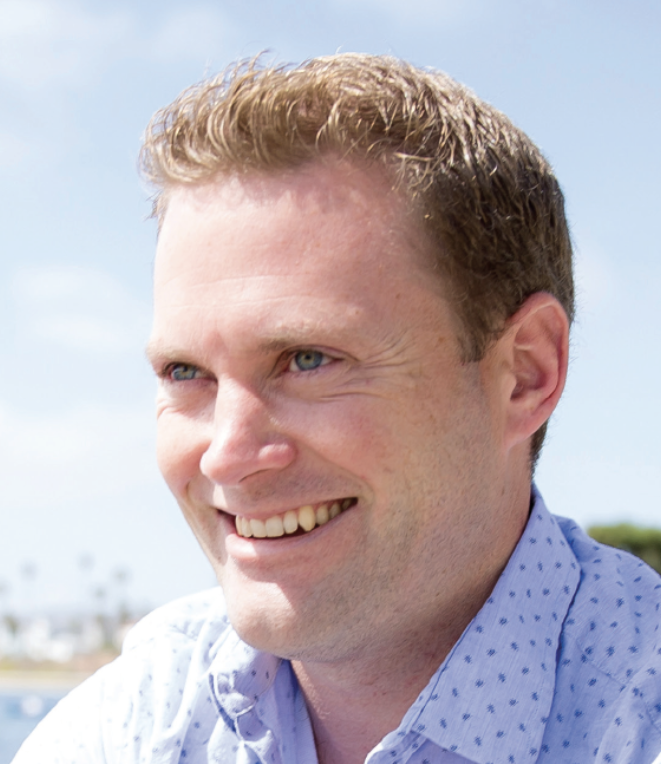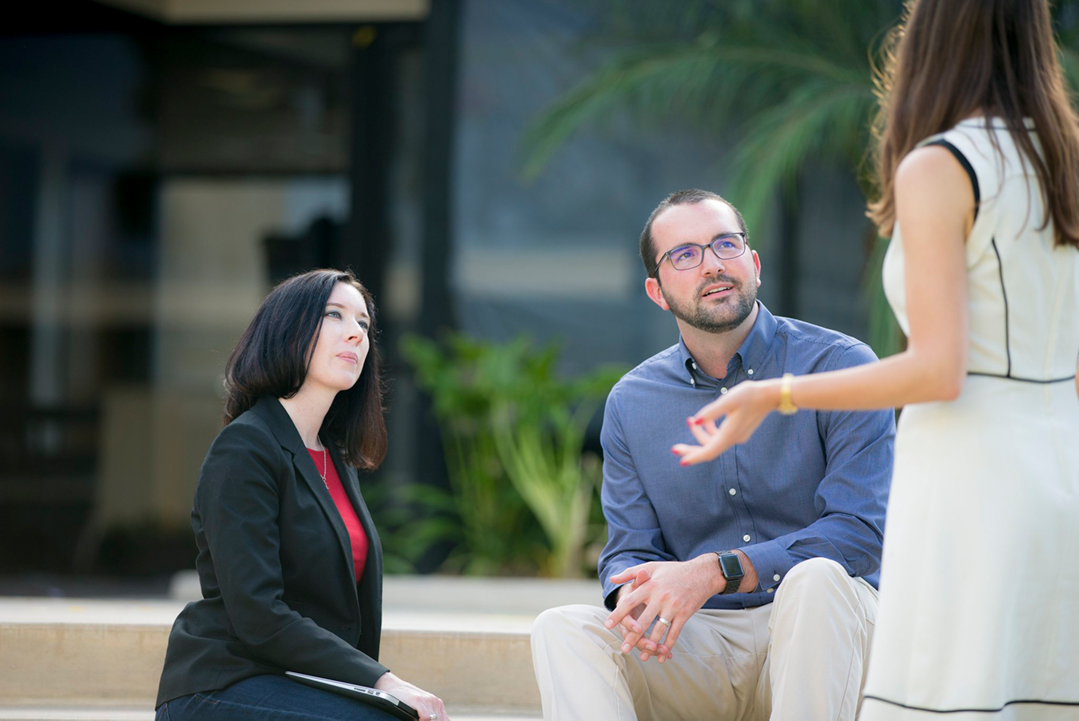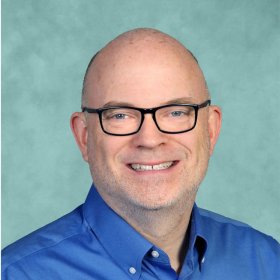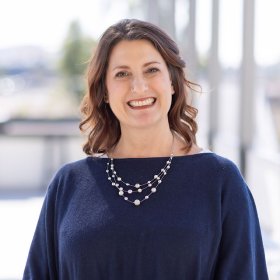You’re a steady voice people lean on. You see beyond words to the emotions that truly matter. Now is the time to transform your gift into a lifelong calling.
Train online to become a licensed marriage and family therapist or professional clinical counselor and create transformative change in people’s lives. With flexible online courses, you can develop the skills to make a meaningful impact while balancing your personal and professional life.
PLNU’s fully online Master of Arts in Clinical Counseling (MACC) program applies faith-based principles to 21st-century cultures and needs. We integrate rigorous courses, personal mentoring, cutting-edge supervised clinical training, and a culturally aware approach to today’s best practices and theories to equip you to serve diverse populations through a flexible career path. Most importantly, our program prepares you for licensure as an LMFT or LPCC in California.
Purposeful Training
You’ll be able to practice, review, and refine your counseling skills in a supportive, online environment. Our practicum courses will provide you with practical, ethical, and research-based training with real clients — with a strong emphasis on serving diverse communities and those with limited access to care.
We provide a supported, collaborative process to help you secure a practicum placement that meets California requirements as well as the standards of your location. Our team works closely with you to identify practicum sites that align with your goals, ensuring you gain valuable hands-on experience in settings such as community mental health, non-profit agencies, youth and family services, and couples counseling clinics.
Preparation
At PLNU, our online learning experience is designed to fit seamlessly into your lifestyle, offering the flexibility to balance school with your personal and professional commitments. Our relationally driven program ensures you receive personalized support from professors who are not only experienced in clinical practice but also dedicated to your growth. With small classes you’ll build meaningful relationships and a strong professional network, all while enjoying the convenience of a schedule that works for you. Faculty members, as part of PLNU’s broader commitment to spiritual development, integrate Christian faith, ethics, skills, and science into your learning.
Most importantly, intentional expert licensure exam preparation is an integral part of the coursework, where every course prepares you to take the licensure exam.
PLNU’s experienced, working faculty professionals integrate ethics, clinical skills, and scientific research, thoughtfully addressing moral questions while connecting in-depth training to the latest developments in holistic mind-body approaches. This integration ensures that students are not only prepared with practical skills but also grounded in evidence-based practices that reflect the complexities of real-world therapeutic environments.
